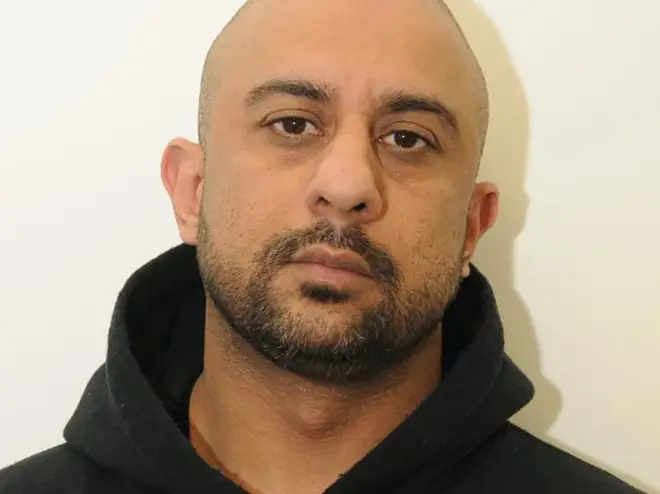
Nick Abbot 10pm - 1am
30 July 2020, 05:42

A prisoner convicted of encouraging terrorism has lost a High Court fight after challenging new rules aimed at preventing terror offenders automatically being released from jail.
Mohammed Zahir Khan said the terms of legislation introduced earlier this year, in the wake of terror attacks in London, breached human rights.
Lawyers representing Khan told two judges that the Terrorist Offenders (Restriction of Early Release) Act was directed at people holding "particular Islamic beliefs" and had a "disproportionate impact" on Muslims.
But Lord Justice Fulford and Mr Justice Garnham, who analysed rival arguments at a virtual High Court hearing in June, on Thursday dismissed Khan's challenge.
Justice Secretary Robert Buckland disagrees with Khan's complaints and says his challenge should be dismissed.
Lord Justice Fulford and Mr Justice Garnham, who analysed rival arguments at a virtual High Court hearing in June, are due to deliver a ruling on Thursday.
Mr Justice Garnham oversaw a preliminary hearing in May and concluded that Khan, who is in his early 40s, has an "arguable case".
He said the case raised a matter of "some considerable" importance and public interest.
Khan had admitted encouraging acts of terror and inciting religious hatred via his social media accounts and was handed a four-and-a-half-year prison sentence in May 2018.
He is originally from Birmingham, but was a shopkeeper living in Sunderland when he was jailed by a judge at Newcastle Crown Court.
Hugh Southey QC, who led Khan's legal team, said the new rules amended an early release regime, and extended the "requisite custodial period".
He said terrorist prisoners now have to spend two-thirds of their term in jail before being considered for release, rather than half.
Mr Southey argued that terrorist prisoners were being treated differently and said law changes should be declared incompatible with rights enshrined in the European Convention on Human Rights - the right to liberty, the right not to suffer discrimination, and the right not to be held guilty of an offence which did not constitute an offence when it was committed.
Sir James Eadie QC, who led Mr Buckland's legal team, said the new provisions were not discriminatory, and applied equally to all relevant terrorist offenders, regardless of race or religion.
He said Parliament was entitled to conclude that terrorist offenders could be distinguished because of the risks involved.